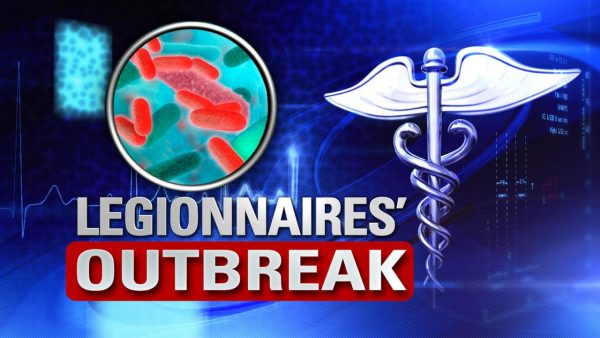Legionnaires’ Disease (Legionellosis), is an acute respiratory infection that is caused by a certain kind of bacteria. The symptoms are very much like pneumonia, only harsher and more severe. The condition can be fatal when not treated with extreme urgency. The specific bacteria being Legionella Penumophila from the Legionella genus. Studies made show that this strain of bacteria is apparent with more than 90 percent of all Legionnaires’ cases.
Legionnaires’ is quite a recent development, and was not on the radar and remained undiagnosed until 1976. More than 180 people were infected by the airborne legionella strain. Out of the 180, 29 people did not survive the infection at the Bellevue-Stratford Hotel in Philadelphia during an event being the American Legion Convention.
Since that tragic outbreak there has been a thorough and extensive amount of research conducted. There are now several kinds of treatments and cures for the disease if treated with urgency. The two go-to antibiotic treatments for Legionnaires’ is azithromycin and levofloxacin, both of which are either respiratory tract quinolones or macrolides that can be classified as two different groups of drugs that pretty much do the same thing. Quinolones are the antibiotics that end in a –oxacin, and macrolides are the ones that end in a –mycin.
Legionnaires’ spreads through the water in the air in damp and wet places where there is standing water like fountains, swimming pools, hot tubs, manmade ponds, cruise ships, public places with enough influx of people to have a crowd. Crowds and in public places are usually where people make enough contact with each other to spread an infection especially if it is airborne. It may take up to two days before symptoms start to show after point of infection.
Symptoms of Legionnaire’s Disease
Patients suffering from Legionnaires ’ disease often have fever, stiffness of joints and bones, cough, headaches, colds, nausea, vertigo, exhaustion, appetite loss, confusion, cold sweats, and the chills. The symptoms are exactly like pneumonia, however slightly more severe, and is very difficult to differentiate. It is best to seek professional medical attention because delayed attention could lead to a worsened condition even death.
While seeking professional medical help is advised for quick and proper antibiotic treatment, what if there is no way that is possible? What should we do if we cannot go to a clinic or a hospital? There are some home remedies that you can try.
Home Remedies for Legionnaires’ Disease
Olive Leaves: Olive leaves has antiviral and antibacterial effects. You can chew the olive leaves to prevent infection or alleviate symptoms if already contracted. Olive oil pulling, which is to gargle olive oil in the mouth for a minute or two, also works.
Herbal Teas: While you are on antibiotics you can help aid the passing of the infection through some calming herbal teas like Echinacea and Chamomile which also aid in sleep and metabolism.
Anise Seed Tea: Helps with the respiratory symptoms of Legionnaires’. Helps clear the throat and lungs from excessive mucus formation. Helps with alleviating coughs as well.
Citrus and Ginger: Suffering through Legionnaires’ can take away your appetite. The lack of food affects the amount of nutrients that the body gets. If the body does not get the nutrients that it needs, it would not have enough energy and immunity would also be hard to attain. Try eating an orange with some salt, pepper, and lime juice. It will help get your appetite back.
Avoid Damp Places: Bacteria loves to stay in damp, wet, and swampy places. Simply avoid these places. Public places with standing water like fountains.
Use Hot and Cold Packs: Helps stimulate blood flow and alleviates some physical and mental stress.
Hopefully these home remedies will help you get back to good during your healing process.
